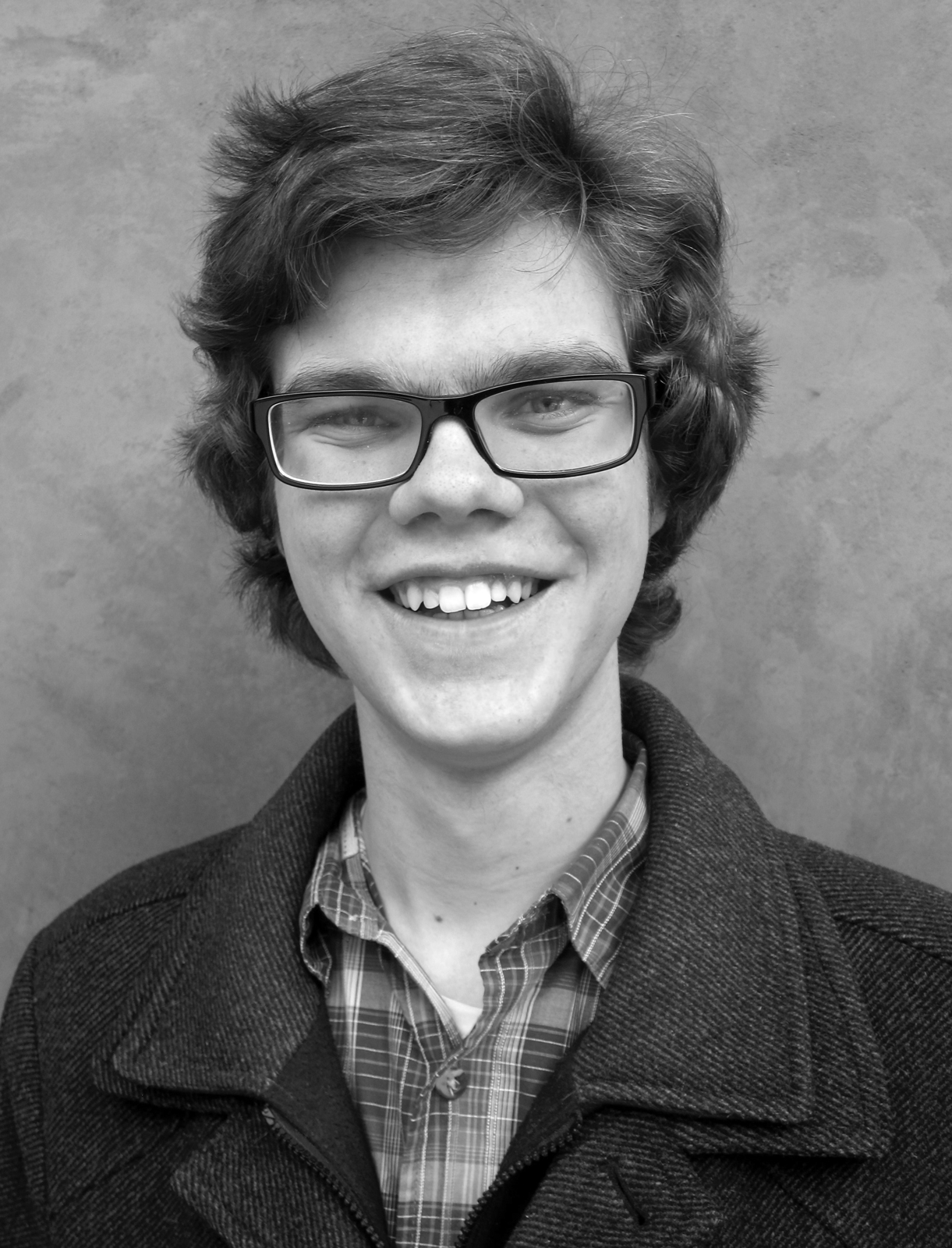With 56 musicians playing instruments from the bassoon to the trombone, the oboe and the cello, the Edmonton Symphony Orchestra (ESO) is a varied group. Composers who work with the musicians need to understand not only the different instruments, but also how all the sounds work together.
It’s a tall order, and one that Robert Rival, the ESO’s composer-in-residence, doesn’t take lightly. Having been in his current role for three years, Rival has composed for voice, chamber ensemble and choir, locally and internationally. His music has been played in New York’s Carnegie Hall, the National Concert Hall in Dublin and Salle Cortot in Paris, to name just a few venues.
But gaining the experience needed to compose for an orchestra is not easy, especially for those starting out in the business. So, for the past 20 years, the ESO has been operating the Young Composers’ Project, which gives high school students the opportunity to be mentored by the composer-in-residence for six months.
Jacob Ridgway, a 15-year-old Grade 10 student, was chosen this year and his pitch rises in excitement when asked how he feels about it. “Around since I was five or six, I’ve been writing music. But a lot of those early pieces were more like experiments rather than music. Then, when I was around 10 years old, I started writing real music. And now, I feel like I’m learning so much,” he says.
As the ESO’s young composer, he’ll have a chance to produce his own orchestral composition, which will be performed by the orchestra during its 2014-2015 season. It was the fourth year in a row that Ridgway applied and, this year, he gave up and missed the deadline. But then the deadline for applications was extended, and he realized he had nothing to lose.
In fact, he has everything to gain, according to Rival. “Anyone who goes through this program at such a young age, comes out six months later light years ahead of their peers because the experience is not commonplace,” says Rival, who didn’t receive mentorship in composition until after high school. And it’s equally beneficial for the music community, says Rival. “It’s important that we encourage music that’s written today. It keeps the whole orchestral tradition vibrant and alive.”
